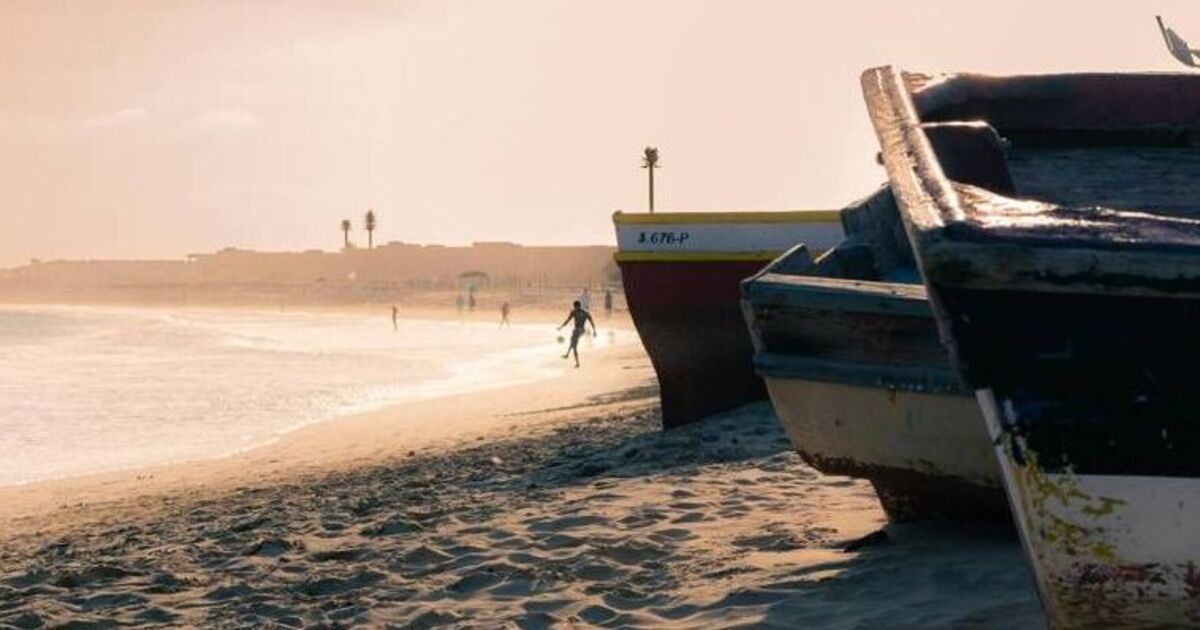The Foreign and Commonwealth Office (FCDO) has issued a fresh warning for Britons heading to the sun-drenched Cape Verde islands off Africa’s coast. The update, released on Wednesday, highlights an increase in reported dengue cases on Santiago, Fogo and Brava islands.
A spokesperson for the FCDO said: “The Cape Verde government has raised the civil protection warning level for dengue on the islands of Santiago, Fogo and Brava.”
Holidaymakers are urged to get recommended jabs for Hepatitis A, Tetanus and Typhoid at least eight weeks before travelling to Cape Verde. The FCDO further advised: “Medical facilities in Cape Verde are limited and some medicines are in short supply or unavailable. The largest hospitals are in Praia on Santiago and Mindelo on Sao Vicente, with smaller medical facilities and clinics located throughout the country.
“Medical facilities are particularly limited on the island of Boa Vista. The islands of Brava and Santo Antao do not have working airports, so medical air evacuation is extremely difficult.”
Dengue fever, also known as dengue, is a mosquito-borne infection, according to the NHS. While it’s usually not serious and often resolves itself, a more severe form of dengue can occur, although this is rare, reports Bristol Live.
Dengue fever is a common disease in certain tropical regions of the world. However, there’s also a risk of contracting it during specific times of the year (spring to November) in parts of southern Europe.
Despite this, dengue is not found in the UK and cannot be transmitted from person to person. Symptoms, which are similar to flu, usually appear four to 10 days after being bitten by an infected mosquito.
They include:
- a high temperature
- a severe headache
- pain behind your eyes
- muscle and joint pain
- feeling or being sick
- swollen glands
- a blotchy rash made up of flat or slightly raised spots – this can affect large areas of your body
In rare cases, some people may experience a more severe form of dengue a few days after initial symptoms. Most individuals with dengue recover within a few days.
Symptoms of severe dengue include:
- severe stomach pain
- repeatedly being sick
- fast breathing
- bleeding gums or nose
- extreme tiredness (fatigue)
- being unable to relax (restlessness)
- blood in your vomit or faeces
There is no specific treatment for dengue, but symptoms can be managed by:
- resting
- drinking plenty of fluids
- taking paracetamol to help bring down your temperature and ease any pain
Anti-inflammatory painkillers like ibuprofen or aspirin should be avoided as they can cause bleeding problems.
Severe cases of dengue require hospitalisation until recovery.









